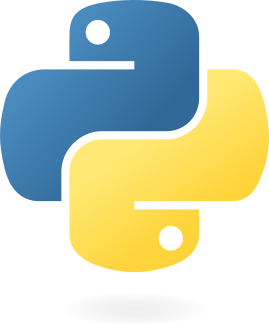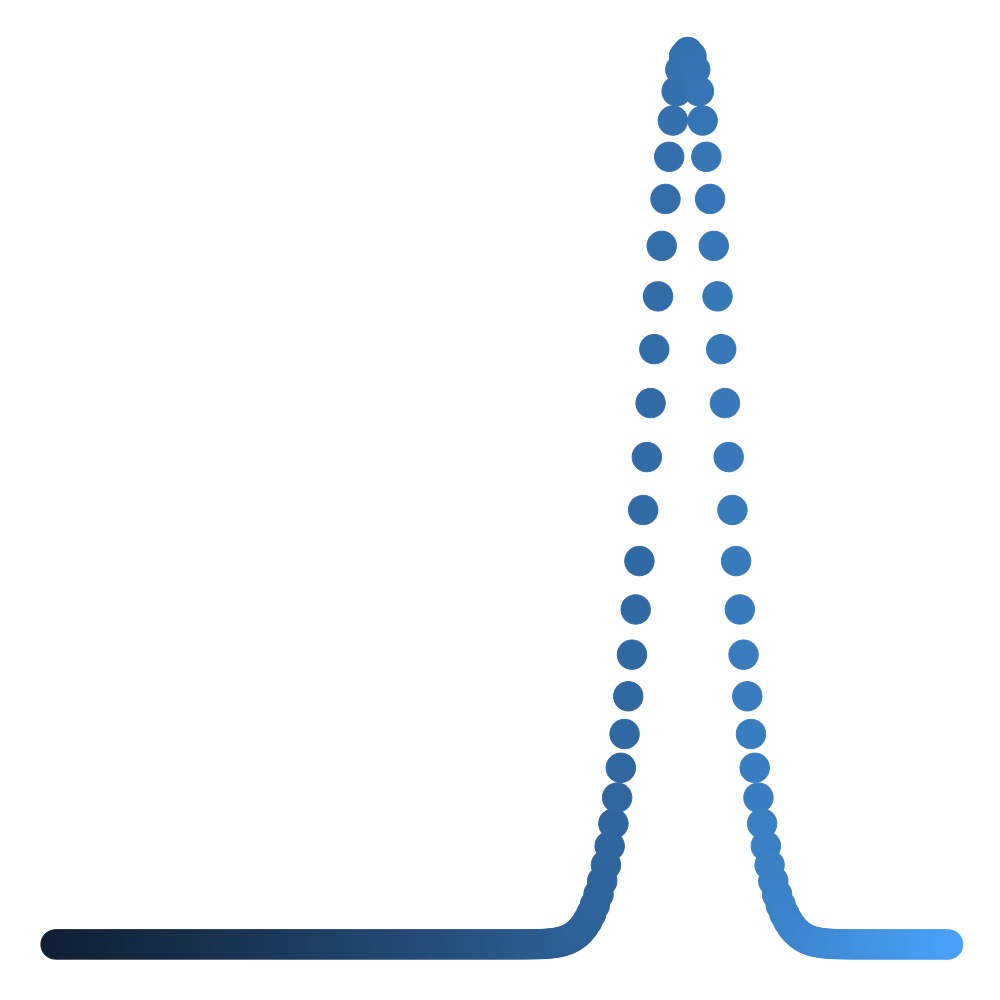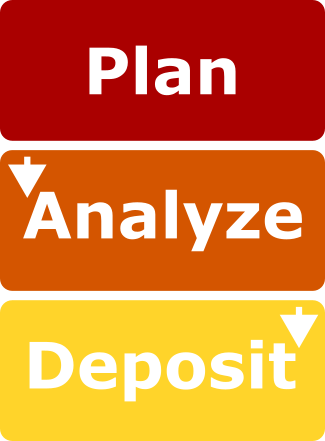workshops
v— title: “Workshops” pagetitle: “Workshops” —
Workshops
R Fundamentals for Data Analysis
This series of introductory workshops are intended for individuals with little to no familiarity with R or similar tools that rely on a scripted environment. They are intended as a low barrier entry into the world of using your computer to engage with data outside of graphical tools like Excel or SPSS.
Read invidiual workshop descriptions here. See full materials with links below ↓
- R: Fundamental Concepts with RStudio
- R: Importing Data
- R: Exploring Data
- R: Subsetting & Filtering Data
- R: Iterating Over Data
- R: Conditions
- R: Visualizations
Python Basics for Data Analysis
This series of introductory workshops are intended for individuals with little to no familiarity with Python or similar tools that rely on a scripted environment. They are intended as a low barrier entry into the world of using your computer to engage with data outside of graphical tools like Excel or SPSS.
Read invidiual workshop descriptions here. See full materials with links below ↓
- Python: Fundamental Concepts with Jupyter Notebook
- Python: Importing and Exporting Data with Python
- Python: Exploratory Data Analysis
- Python: Subsetting and Filtering Data
- Python: Iterating Over Data
- Python: Conditions
- Python: Visualizations
- Python: Data Analysis and Visualization
Research Data Management (RDM)
These sessions address fundamental concepts in research data management (RDM), including its relevance in the context of research, approaches to implementing effective management through documentation and file system organization, and how to use the Data Management Plan (DMP) Assistant, an online tool, to help researchers adhere to funder requirements to submit a DMP.
Read invidiual workshop descriptions here. See full materials with links below ↓
Introduction to the Bash shell
The command line interface can seem daunting to new users, but it is a very powerful tool that, with some foundational understanding, can be used for a number of different computational and data management tasks, for example routinizing repetetive file management activities or working with UBC’s high performance computing (HPC) infrastructure.
These sessions are aimed at those who have little to no experience with the command line; it introduces the Bash shell, its core functions, and the basics of navigating files and directories.
Read invidiual workshop descriptions here. See full materials with links below ↓
- Introduction to the Bash shell Part 1: Navigating Files and Directories
- Introduction to the Bash shell Part 2: Working with Files and Directories
Git and GitHub
These sessions provide an introduction to Git and GitHub, respectively a version control application and a remote Git server to facilitate file sharing and back-ups. Topics covered include automated version control and basic Git functions including initiating a Git repository, pushing to and pulling from a remote repository, managing workflows with branching, etc.
Read invidiual workshop descriptions here. See full materials with links below ↓
Statistical Fundamentals: A Visual Approach
This series will use R and Python to help develop an intuition for fundamental statistical concepts using data visualization. These workshops are equally suitable to those hoping to enhance their ability to interpret common statistical tests and concepts as it is for those applying statistical modelling to their work. No background in statistics is required, but some familiarity with R or Python will be advantageous.
You may wish to review the asynchronous content of either R Fundamentals for Data Anlysis or Python Basics for Data Analysis, or keep an eye out for the next time these workshops are offered.
Read invidiual workshop descriptions here. Materials links will be made available as workshops are developped.
- Population, Sampling, Sampling Distribution, and Central Limit Theorem
- Visualizing Errors and Common Pitfalls
- P value, Significance, and T-test
- Bar, Box, and Violin: Navigating Data Visualization for Insightful Analysis
- All about t-tests and visualizations
- Non-parametric tests and visualizations
- ANOVA and Blocking
- Correlation, causation, and association
Fitting Models to Data Not Data to Models
You might have heard someone say that “all models are wrong, but some are useful”. The best way to ensure models are useful is to choose a model that is appropriate to your data and research questions, rather than forcing your data to fit your model’s assumptions (e.g., normality, independence, constant variance).
This series introduces early-career researchers to statistical models that extend beyond linear models (i.e., ANOVAs) so that they may learn how to fit models to their data rather than fitting their data to models. All workshops will use R and RStudio, so some experience with R or other programming languages is encouraged but not required. See the R Fundamentals for Data Anlysis for an introduction to R and RStudio. Attendees who do not have experience with R are encouraged to review this content or take the introductory workshop concurrently if it’s being offered.
Read invidiual workshop descriptions here. html formatted materials coming soon. Links to scripts available below.
- Simple Linear Regression: script, slides
- Fitting linear models in
R: script, slides - Multiple linear regression in
R: script, slides - Interaction terms and Hierarchical Linear Models/Linear Mixed Models: script, slides
- (Hierarchical) Generalized Linear Models: script, slides
- Generalized Additive Models: script, slides
- Interpreting and predicting from Generalized Additive Models: script, slides
- Hierarchical GAMs script, slides, data
- Penalized Models script, slides
- Survival Models script, slides
- Nonparametric Models script, slides
The Advance R Series: Clustering & Classification
Data rarely comes neatly labelled or structured, yet patterns still exist—even when they are not immediately obvious. Clustering and classification methods allow researchers to uncover structure in their data, group similar observations, and reduce dimensionality without imposing rigid assumptions about the underlying relationships.
This series introduces researchers to statistical and machine-learning methods for grouping, modelling, and interpreting high-dimensional data. Participants will learn a broad range of approaches—from hierarchical and centroid-based models to probabilistic, fuzzy, density-based, graph-based, and mixed-type clustering techniques—along with strategies for dimensionality reduction and fairness considerations. Emphasis is placed on understanding model assumptions, evaluating model performance, and selecting methods that align with the characteristics of the data rather than forcing data to fit inappropriate models.
All workshops will use R and RStudio, so some experience with R or other programming languages is encouraged but not required. See the R Fundamentals for Data Anlysis for an introduction to R and RStudio. Attendees who do not have experience with R are encouraged to review this content or take the introductory workshop concurrently if it’s being offered.



